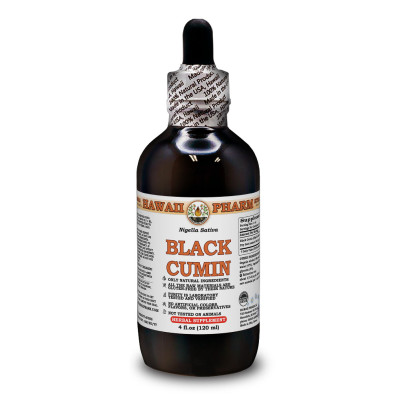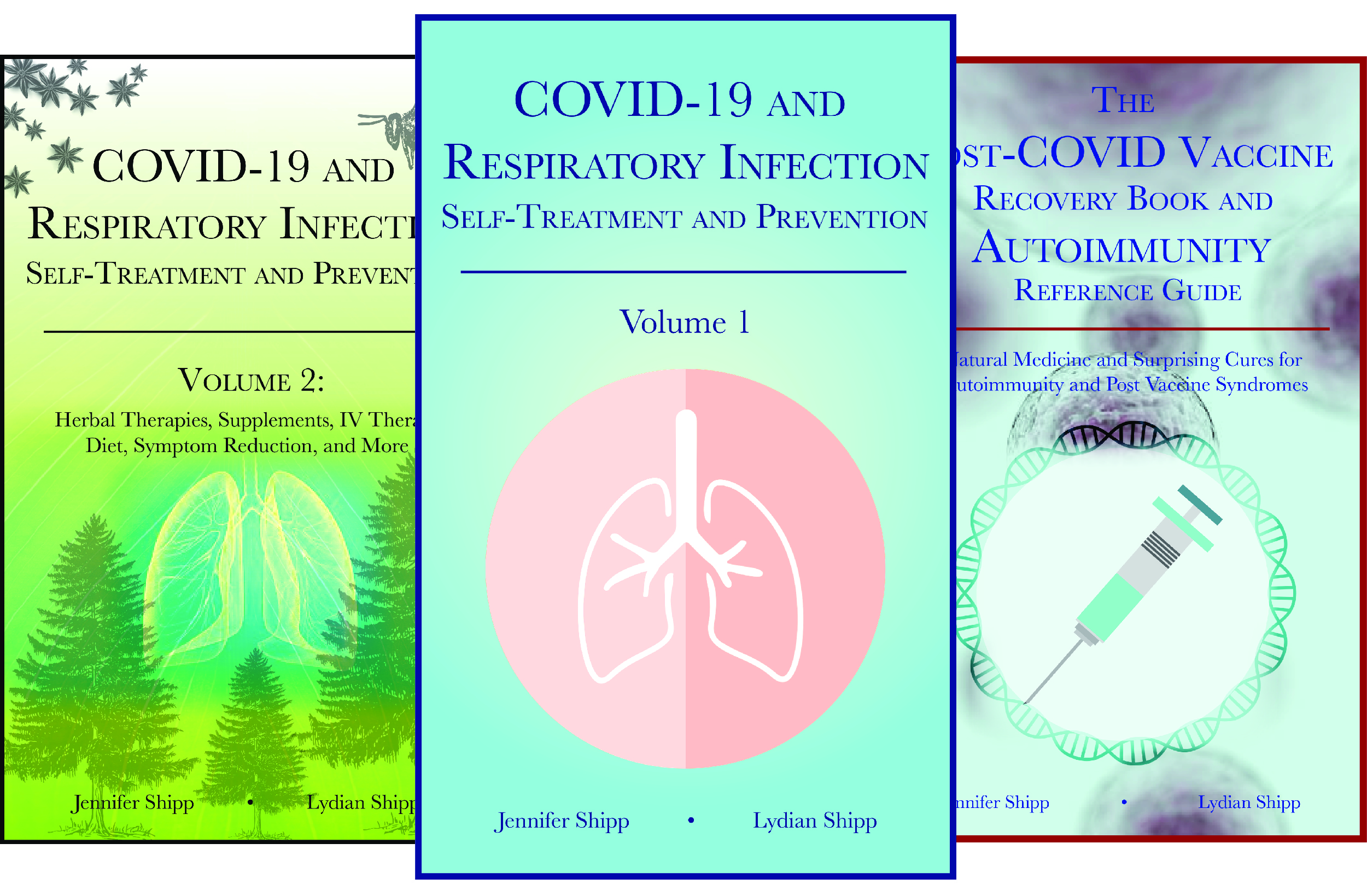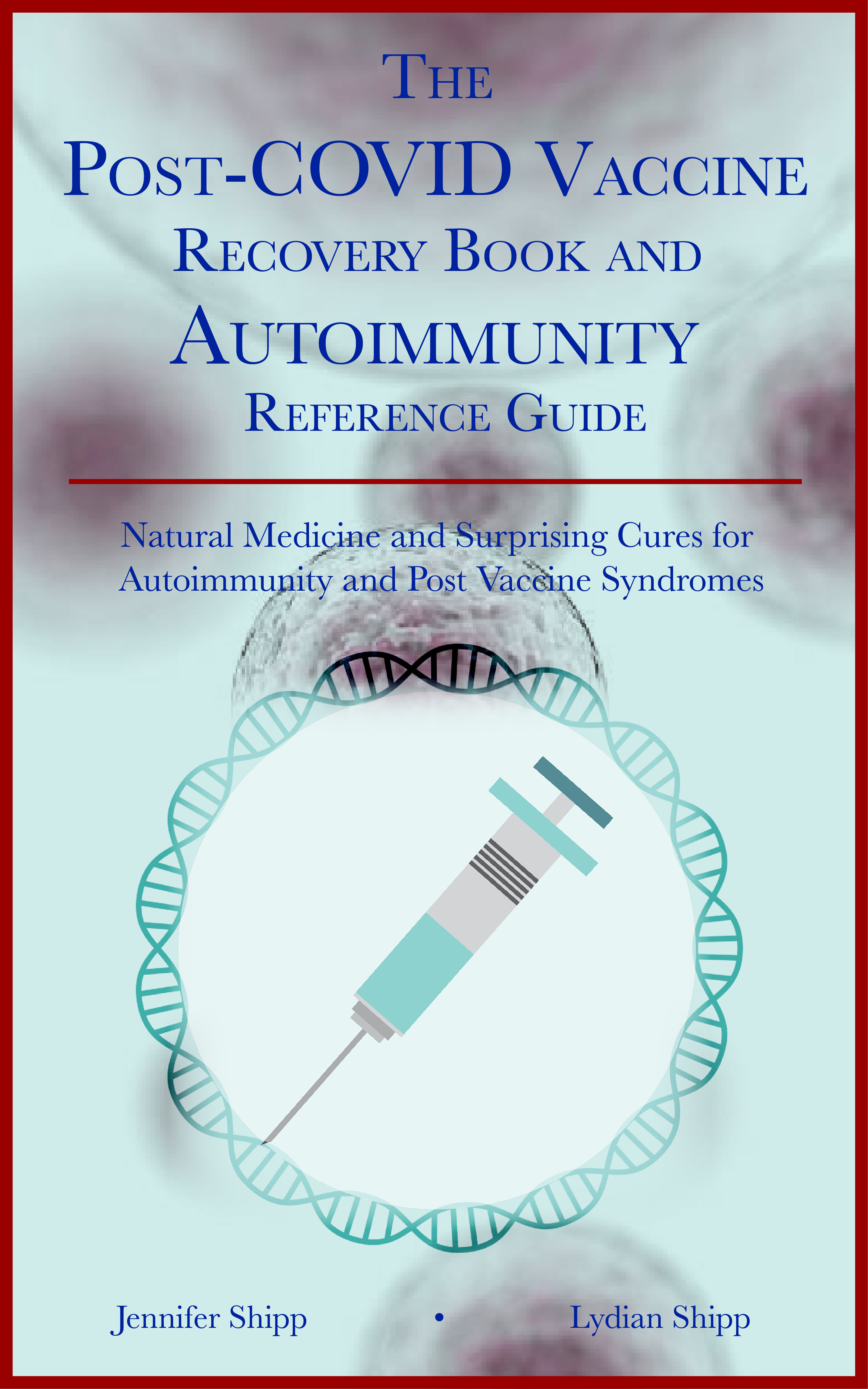
Blood Clots from the COVID Vaccine: How to Prevent Them Using Nigella Sativa
Platelets play an important role in the pathological responses experienced by patients who receive the COVID-19 vaccine. Platelets, also known as thrombocytes, are a specific type of blood cell that manages blood clotting. Having adequate numbers of platelets in the blood make it possible for the body to produce a scab to prevent incessant bleeding from a wound.The Lifespan of a Normal Platelet
The lifespan of a normal platelet is between 8 and 12 days. When platelets get old, they are removed from circulation by another type of cell called a macrophage that “eats” the platelet. These macrophages are primarily located in the liver and the spleen, but there are some found in the bone marrow and the lungs too.What Platelets Do in the Body: Blood Clotting, Inflammation, and Immunity
While most students who take biology class in high school know that platelets play a role in blood clotting, it is much less widely known that platelets play an important role in inflammation, growth factors, and the secretion of cytokines. In other words, the development of a COVID-19 cytokine storm is mediated in part by platelets. Platelets interact with white blood cells and the lining of blood vessels through direct contact as well as via secreted chemokines. If platelets are produced at an abnormally high level or if the platelets are not removed from the blood such that platelet production and platelet destruction are balanced in the body, an unhealthy immune response can develop.Chronic inflammation, for example, is often associated with notably high platelet counts. Platelets, as such, play an important role not just in patients who have received or are planning to receive the COVID vaccine, but also in patients who are suffering through Long COVID.
Vaccine-Induced Thrombotic Thrombocytopenia (VITT)
Vaccine-Induced Thrombotic Thrombocytopenia is the technical name given to the blood clots caused by the COVID vaccine. Some sources report that these blood clots are more common when patients are given the Oxford-AstraZeneca COVID vaccine or the Johnson & Johnson COVID vaccine. But it’s hard to say whether the Moderna and Pfizer-BioNTech vaccines are actually safer or not or if they have just invested more money in covering up the truth about their vaccines. Nonetheless, if you have blood clotting issues already or cardiovascular issues, you may want to consider getting the Moderna or Pfizer- BioNTech mRNA vaccine.Myocarditis and the COVID Vaccine
Though the Moderna and Pfizer vaccine has less of an association with blood clotting issues, I have to report anecdotally that I know of at least 3 people who developed leg swelling and cardiovascular issues after receiving the Pfizer-BioNTech COVID vaccine. All of them developed issues related to myocarditis. My anecdotal experiences with the Pfizer vaccine have been confirmed through real-world case studies in Israel. According to these case studies, the Pfizer COVID-19 mRNA vaccine caused a threefold increase in the risk of myocarditis. This vaccine also caused an increased risk of lymph node disease, appendicitis, and shingles.
Herbs that Prevent Blood Clotting: Nigella sativa
Black Seed Oil (Nigella sativa) / Black Cumin Oil to Prevent Post COVID Vaccine Syndrome
Black Seed Oil, also known as black cumin, comes from the Nigella sativa plant and it is commonly used as a traditional treatment for cancer in Arabic countries. One of the main components of black seed oil is thymoquinone, a substance that not only has the ability to prevent cancer and slow or prevent tumor growth, but that also has anti-inflammatory properties. Individuals have used black seed oil as a core treatment for cancer along with vitamin B17 / apricot kernel oil, pancreatic enzymes, and Lugol’s iodine, but for cancer patients who are undergoing chemotherapy, black seed oil confers additional health benefits. And these health benefits that have been researched scientifically, are also relevant to individuals who wish to prevent blood clots from the COVID vaccine.
Thymoquinone as a COVID Vax Antidote
Thymoquinone is one of the main constituents of black seed oil. Studies have shown that it has the ability to prevent viral replication, it can transport zine into human cells to improve uptake of this essential mineral, and it blocks entry of the COVID virus into human lung cells. Additionally, thymoquinone is used to treat the following post-COVID vaccine symptoms:- Shortness of breath
- Pain
- Gastritis and digestive swelling
- Blood clotting issues
- Seizures
- Immune system dysfunction
Thymoquinone has been used to treat the following diseases and disorders:
- Cytomegalovirus (thymoquinone has especially been researched in terms of its ability to treat this type of infection).
- Hepatitis C
- HIV / AIDs
- Coronaviruses
- Diabetes
- High blood pressure
- Atherosclerosis
- Heart Attack
- Strokes
- Circulatory Issues
- Cardiovascular Diseases
- Asthma
- Kidney problems
- Cancer
- Ischemia (low blood flow) to the brain, heart, liver, and intestines
Thymoquinone has the ability to increase the number of cytokine suppressors to prevent a COVID-19 cytokine storm while improving levels of lymphocytes, natural killer cells, and macrophages. Essentially, it helps to balance the patient’s immune response.
Nigella sativa Effects on Blood Clotting and Post COVID Vaccine Syndrome
Nigella sativa has been investigated for its ability to change how blood coagulates. It does not affect the platelet count, but rather it works through other pathways of the blood clotting cascade. In other words, it has an effect that changes various aspects of how blood clots. One animal study involved half, double, and triple doses of the powdered seeds of Nigella sativa that were incorporated into a flour dough that was administered for varying lengths of time (1 week, 2 weeks, and 4 weeks). The control group received plain flour dough. The regular dose of Nigella sativa was 180 mg/kg of body weight daily. The half dose was 90 mg/kg, the double dose was 360 mg/kg, and the triple dose was 540 mg/kg.The researchers looked at the platelet count, prothrombin time, activated partial thromboplastin time, thrombin time, levels of fibrinogen, levels of antithrombin III, and albumin as well as the activity levels of aspartate aminotransferase, and activity levels of alanine aminotransferase. By looking at each of these blood clotting factors, the researchers were able to see that Nigella sativa was able to significantly increase levels of fibrinogen in the blood plasma after four weeks. This increased level of fibrinogen leads to a 14% enhancement of blood clotting and coagulation of the blood after 4 weeks of treatment.
But that’s not the end of the story for Nigella sativa.
After 2 weeks of treatment, the double dose of Nigella sativa caused prothrombin time to be prolonged by 7.8%. Prothrombin time measures how long it takes for your blood plasma to clot. So a prolongation of prothrombin time means that it took 7.8% longer for blood clots to form. This double dose also caused a reduction in the thrombin time of 13%. Thrombin time is a test that shows how long it takes for fibrinogen to turn into fibrin during the formation of a blood clot. If you have difficulty turning fibrinogen into fibrin, you will bleed more easily and form clots more slowly. In other words, Nigella sativa caused the blood clotting process to slow down by 7.8% via the prothrombin time prolongation, while it caused the thrombin time to be reduced by 13% following 2 weeks of treatment at the double dose.
The triple dose, in contrast, caused a reduction in the activated partial thromboplastin time which also measures the amount of time it takes for blood to clot (usually 35 seconds). The researchers found that after 1 week of treatment Nigella sativa reduced blood clotting time by 16% via this intrinsic pathway of the clotting cascade. Thrombin time, on the other hand, was reduced by 13% after 1 week of treatment at the triple dose.
Nigella sativa increased the albumin level and the alanine aminotransferase activity in parallel with the activity of inducing fibrinogen to turn into fibrin 7.8% more slowly than before.
Basically, Nigella sativa works by balancing a variety of mechanisms that are responsible for the production of blood clots in the body to speed or to slow blood coagulation. In normal, healthy patients, however, it does not significantly change the rate or frequency of blood clots.
Another study showed that Nigella sativa was able to inhibit arachidonic acid-induced platelet aggregation. In other words, Nigella sativa was able to slow abnormal blood clotting.
In summary, Nigella sativa does not, according to the research, have a strong effect on normal blood clotting function. When a person is healthy and their blood coagulation processes are balanced and functioning properly, Nigella sativa does not significantly thin the blood. However, when the body is affected by a disease or infection that stimulates the production of TNF-alpha, Nigella sativaI is able to reduce TNF-alpha’s effects which results in reduced inflammation and slower blood clotting times. The studies demonstrating this blood thinning effect mediated by reduced inflammation and vice versa were done primarily to examine how Nigella sativa can reduce the second most common cause of death in cancer patients: cancer associated thrombosis (blood clots).
How Black Seed Oil Works to Prevent COVID Vaccine Blood Clots
Black Seed Oil is widely used in Arabic countries to treat the following diseases and disorders:- Cancer
- Inflammation
- Arthritis
- Lung Disease
- High Cholesterol
Thymoquinone, the main component in Nigella sativa is used to prevent cancer-associated thrombosis, or blood clotting that occurs in cancer patients due to the presence of high levels of inflammation. Cancer associated thrombosis is caused by tissue factor and inflammation. But Tumor Necrosis Factor-alpha (TNF-alpha) plays an important role in the COVID-19 cytokine storm, not just in cancer. TNF-alpha facilitates communication between human cells in regard to inflammation and the production of blood clots and it works by balancing blood clotting mechanisms that are imbalanced due to disease, infection, or other factors that cause the blood clotting mechanisms to become imbalanced.
Thymoquinone Dose for Post COVID Vaccine Syndrome
The Thymoquinone dose for post-COVID Vaccine Syndrome ranges from 75 mg per day to 2600 mg per day. Studies have shown that thymoquinone is well tolerated even at high doses.
2023 Update: Licorice Root to Prevent COVID Vaccine Blood Clots
UPDATE 2023: Licorice Root / Glycyrrhiza glabra is an herbal remedy against blood clots. Licorice root is anti-thrombotic and powerful enough that is has been used to prevent blood clots after a snake bit. At this link, we talk about how to use licorice root with red clover to naturally treat migraine pain, but the same licorice root and red clover recipe can be used to prevent COVID blood clots. Drink the tea in the morning and at night on the day of the COVID vaccine and twice daily for 1 week after the treatment. COVID-19 and Respiratory Infection Self-Treatment and Prevention BUNDLE - Volumes 1, 2, and 3
COVID-19 and Respiratory Infection Self-Treatment and Prevention BUNDLE - Volumes 1, 2, and 3

The Post-COVID Vaccine Recovery Book and Autoimmunity Reference Guide
Resources:



















